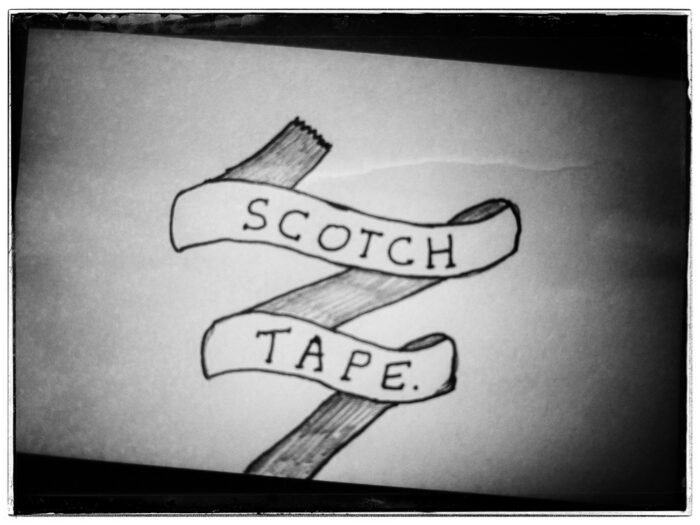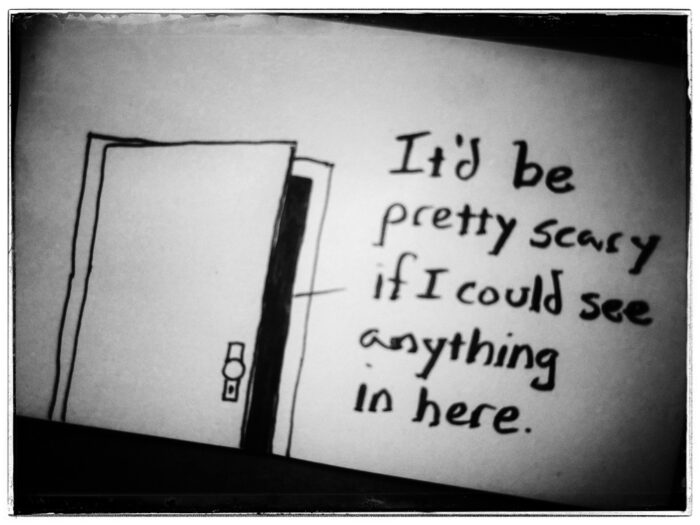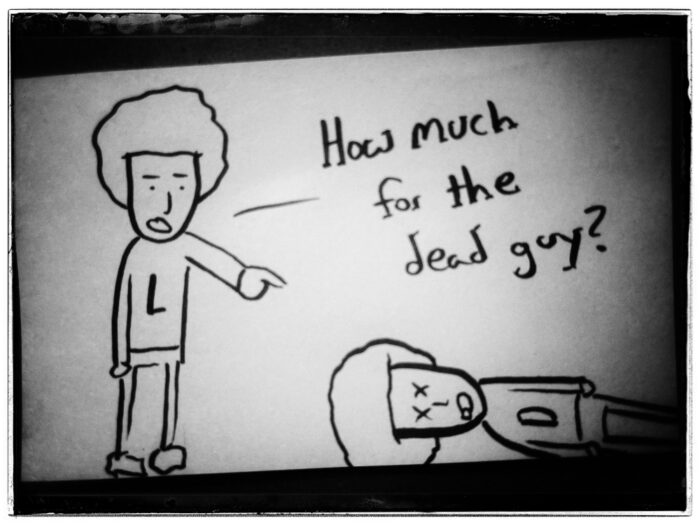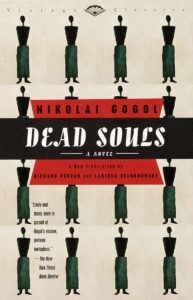
I finished up Dead Souls by Nikolai Gogol yesterday. Actually, I should say that Dead Souls finished itself. The book really does just stop.
From what I’ve been able to gather about Gogol’s fairly contentious relationship with his book, it appears that it was part of a planned trilogy that would mirror Dante’s Divine Comedy, with the main character going through Hell, Purgatory, and finally Heaven. If that’s the case, then I suppose the part of the book that was finished represents a journey through the Inferno.
That could mean that Dead Souls is less of a realistic representation of life in rural Russia in the 19th century than it is a moral allegory. You could look at all the people the main character meets — the ones from whom he’s trying to buy dead souls — as sinners, or people who have made the choice to live a life that is, by Gogol’s standards, sinful. They are (Chichikov included) greedy, wrathful, prideful, and certainly fraudulent.
The end of the published portion of Dead Souls, which may be (I’m not sure on this at all) the beginning of Chichikov’s journey through Purgatory, does have a shift in tone, as Chichikov meets a well to do landowner who is turning a tidy profit with his estate. Chichikov begins to emulate the man, and it may be that he’s moving away from his fraudulent ways and….into a life of ceaseless toil? I don’t know.
You can’t help but wonder what Gogol’s Russian heaven would have been like. Probably not accurate enough for Gogol’s liking, since people say he burned part of the book because it wasn’t holding up to his religious standards.

Sarah and I have a beautiful Bengal named Jolene. (Here she sits, defiant, after being kindly asked not to sit on my laptop.)

Jolene is a lovely cat. Affectionate, vocal, and blind as a bat. While most cats will choose to sit at windows and look at birds, Jolene always goes in for more tactile experiences. She loves boxes and plastic bags, as well as anything sticky — tape, post-it notes, stickers. She can’t get enough of them.
Last night I left about a foot of scotch tape hanging off the corner of a wall in the kitchen, about two feet up, just above cat height. Before bed, I jiggled it around a bit and Jolene came screaming in. “Tape?” she asked. “Did I just hear tape?”
“You sure did! Now kill it,” I commanded. I didn’t, however, show her exactly where it was.
I mostly did this out of curiosity. Would Jolene be able to find the string of scotch tape? It wouldn’t be easy for her, as blind as she is, but Jolene loves tape and there was a good chance she’d hunt it until she found it. And what would she do if she did?
When I went downstairs to make coffee this morning, I noticed that the tape was gone from the wall. It wasn’t long before Jolene came trotting into the kitchen to place a wadded-up ball of spit-covered plastic at my feet.
“Lose something?” Jolene asked haughtily.
Or, more likely, being a generous provider, Jolene was sharing her kill with me.
She sat near the ball of tape, purring contentedly, and I wondered if I’ve ever truly loved anything as much.

My next book will be #567 on the list, The Call of the Wild by Jack London, which I read once (perhaps?) when I was in elementary school.

I know the generalities of the plot, but I don’t remember very much detail. As I recall, though, there was a film adaptation of London’s White Fang staring Ethan Hawke that came out when I was, what, 10? That prompted me to go down a rabbit hole of boy-in-the-woods books like White Fang, Hatchet, and My Side of the Mountain. I think I tackled The Call of the Wild during that same period.
The Call of the Wild isn’t exactly about a boy in the woods — it’s about a dog in the woods — but it’s the same sort of adventure. I’m excited to see if grabs my attention the way Treasure Island did.
Let’s go, nostalgia!





